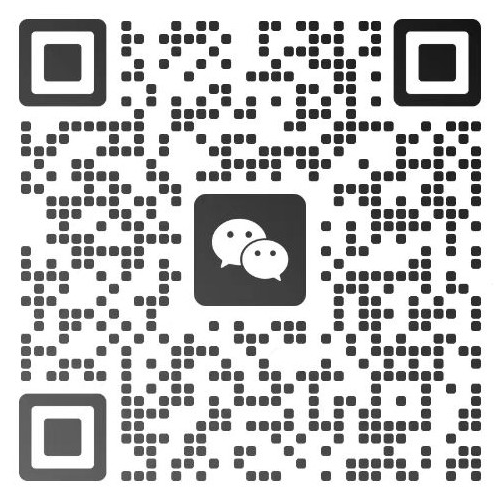
UKiset语法学习中的盲区
UKiset考试是专门面向想要进入英国中小学留学而设计的考试,所以近几年逐渐成为国内家庭关注的重点,考试内容包括听力、口语、阅读等等,虽然语法没有专门的考试,但却无处不在,所以重要性可见一斑,今天我们就来说说UKiset语法学习中的一些盲区!
1) could have + 过去分词
A. 表示对过去可能发生的事情的推测,意为,“可能做了某事”。
He couldn’t have seen her yesterday.
They could have lost their way.
B. 表示某事在过去本有可能发生,但事实上并未发生,意为,“本可以做某事”。
We could have started a little earlier.
I could have killed her. It was a narrow escape.
2) may (might) have + 过去分词
A. 表示对过去情况的推测,意为,“可能已做某事”。
He may have heard the news.
I might have come to a wrong conclusion.
B. 表示一种未实现的可能性,即本可以做某事,而实际上并没有做,有时含有抱怨的口吻。
It was a narrow escape. You might have killed yourself.
A lot of men died who might have been saved.
3) must have + 过去分词
表示逻辑上的必然性,即按照某些现象推断过去肯定发生过的某事。
She must have made a big mistake.
The city at one time must have been prosperous, for it enjoyed a high level of civilization.

4) needn’t have + 过去分词
表示过去不必做某事,但已经做了,即本可不必做某事。
You needn’t have woken me up. I don’t have to go to work today.
He needn’t have watered the flowers, for it is going to rain.
5) should / ought to have + 过去分词
表示过去应该做某事而实际上没有做。
You should / ought to have done what your parents told you. (But you failed to do it.)
You should / ought to have been more careful. (But you weren’t.)
6) shouldn’t / oughtn’t to have + 过去分词
表示过去不应该做某事而实际上却做了。
You shouldn’t / oughtn’t to have crossed the road when the lights were red. (But you did.)
They shouldn’t / oughtn’t to have left so soon. (But they did.)
7) would have + 过去分词
表示对现在或将来某时之前业已完成的动作的推测。可译为,“可能”、“也许”、“想必”。
He would have arrived by now.
She would have recovered by then.
当前文章链接:
凡来源标注“考而思”均为考而思原创文章,版权均属考而思教育所有,任何媒体、网站或个人不得转载,否则追究法律责任
上一篇:
下一篇:
免费获得学习规划方案
已有 2563 位留学生获得学习规划方案
马上领取规划
*已对您的信息加密,保障信息安全。















